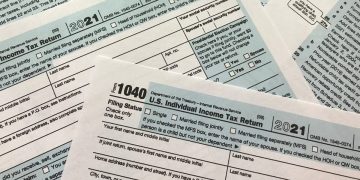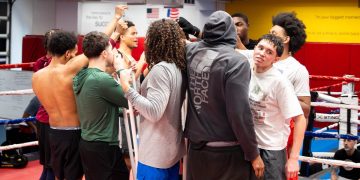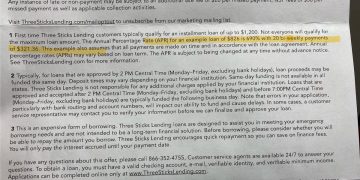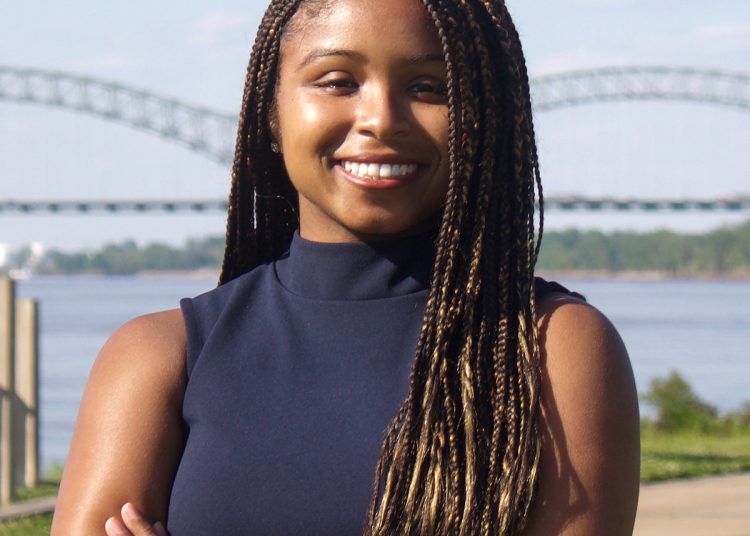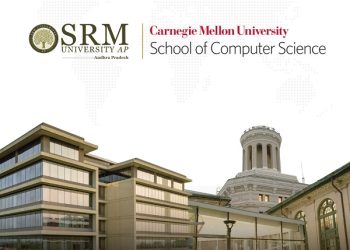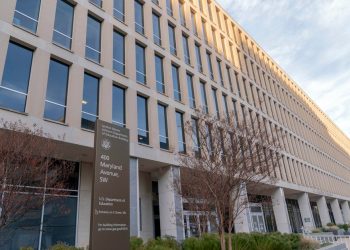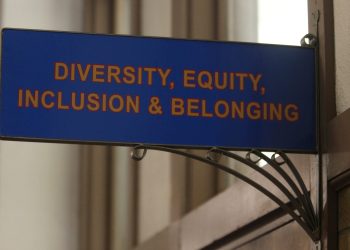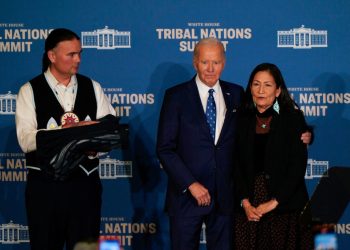Growing up in Memphis, I attended a district elementary school before my family decided to enroll me in a charter middle school, KIPP Memphis. My neighborhood school was convenient and a family tradition, but it was considered a “poor performing” school, with lower than average test scores and graduation rates. My family decided that they wanted a better option for me, even if it meant transitioning from the school within walking distance to the school 35 minutes away by car.
My experience sometimes mirrors the national discourse around charters: I was at a school founded by non-Black outsiders with a student body mostly composed of Black students, for one. Sometimes it does not: Most of my teachers were Black and instilled the importance of my culture in me.
This year marks the 30th anniversary of the creation of the first charter school, and the public debate around charters has only grown more intense. For three decades, parents, educators, school administrators, and policymakers have driven conversations that shaped everything from whether charters should exist to how charters discipline their students. But rarely have these decisions included the perspectives of those who have been the most impacted by the rise of charters: their students and alumni.
We now have a generation of charter school alumni whose experiences as charter school students can be used to inform improvements to charter school…




